Matias Pineiro's Argentine film The Stolen Man picked up the $10,000 top Woosuk Award at Korea's 9th Jeonju International Film Festival (JIFF).
Shot in black and white on HD, the film revolves around 19th century author and Argentinian president Domingo F. Sarmiento's writings on freedom and the right to education.
The international competition's $7,000 Daum Jury Special Prize went to Chilean film The Sky, The Earth And The Rain. Directed by Jose Luis Torres Leiva, the dramatic feature also won the FIPRESCI prize at Rotterdam earlier this year.
Inthe Korean Cinema On The Move competition, the JJ-Star Award $9,580 (KW10,000,000) went to indie star director Noh Young-seok's Daytime Drinking. A road movie with a synopsis reminiscent of Hong Sang-soo's The Power Of Kangwon Province but with more youth and humour, the film was one of the fest's buzz films and also won the Audience Critics' Award ($1,912).
The JJ-Star Award also gave a special mention to Ahn Hae-ryong's My Soul Is Undefeated, a documentary on the struggles of a former 'comfort woman' - one of the many systematically forced into slavery by the Japanese army during the Second World Warto service its soldiers in brothels.
The CGV Korean Independent Feature Film Distribution Support Award went to Jung Byung-gil's Action Boys. The documentary follows eight graduates from Seoul Action School, run by action director Jung Doo-hong (The City Of Violence). It also took the JIFF Audience Award.
The Network for the Promotion of Asian Cinema (NETPAC) award went to Yi Seung-jun's Children Of God, a Korea-Nepal co-produced documentary shot in Pashupatinath, the sacred Hindu place encompassing a crematory and river.
John Torres' upcoming film Moro2Moro won the Work In Progress award of $4,785. Featuring presentations of six films currently in production, the Work In Progress session was well-attended by festival scouts, potential distributors, and other industry professionals.
Other buzz films during the fest included The Past Is A Strange Country by Kim Eungsu (Desire).
The documentary centres on interviews with former student activist leaders 20 years after two of their colleagues self-immolated in protest of the military dictatorship.
Another documentary - 63 Years Later, directed by Kim Dong-won (Repatriation) also moved viewers with its interviews of former comfort women including a Dutch woman from Indonesia and Filipinas.
With the Japanese government refusing to acknowledge responsibility for the comfort women, the film has a near Michael Moore-esque moment when US president George W. Bush claims satisfaction from a Japanese prime minister giving a non-apology. Made for TV, the film is narrated in English and aims for overseas distribution.
International competition jury member Bong Joon-ho, director of The Host, commented, 'It was a difficult process because of the high level of cinematic quality and innovation [of the competition films], but after long and arduous discussion, I'm happy to say we're announcing awards for great films and promising directors.'
The awards were presented on the closing night, which also included the world premiere of human rights omnibus If You Were Me 4.
Over nine days, JIFF saw 79,184 admissions for an 82.4% seat occupancy rate, up from last year's 80%. Of 268 screenings 147 were completely sold out, with post-screening Q&A and 'Cinetalk' sessions boosting interest.
The festival also screened its trademark trio omnibus Digital Projects and Short! Short! Short! projects with additional access on mobile phones. The festival had a $2.79m budget, up from $2.4m last year.
JIFF opened on May 1 with the international premiere of Manda Kunitoshi's Japanese film The Kiss.




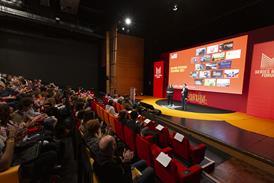
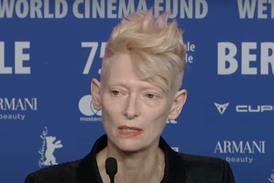
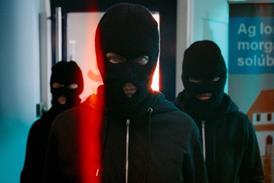
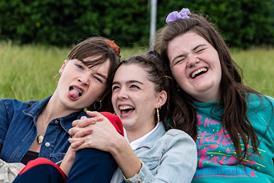








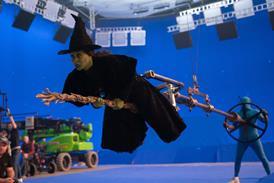
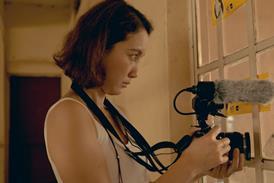




No comments yet